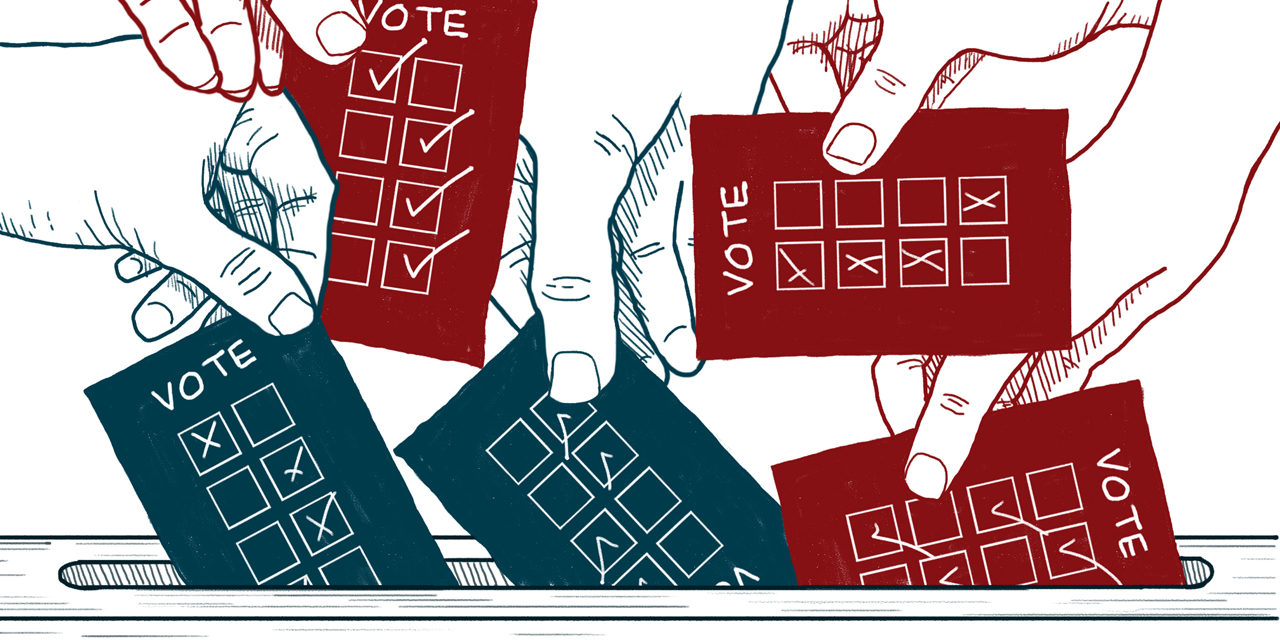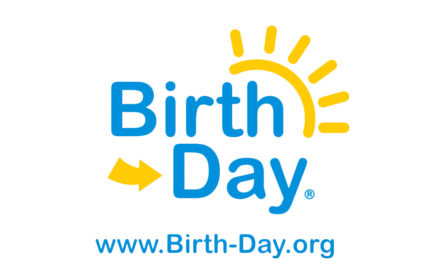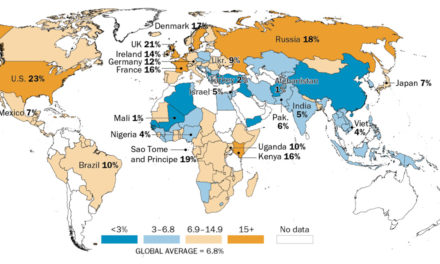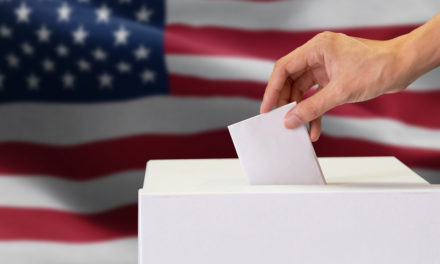Andrew Beckwith, the president of the Massachusetts Family Institute, recognizes that many Christians would rather not engage in politics. They simply want to go about their lives with as little government interference as possible. But, he says emphatically, “We do not have that luxury.”
Do your tax dollars pay for abortions? Is recreational marijuana easily available to children and teens in your city? Is a boy crushing school records on your daughter’s track team? The political process impacts so many areas of our lives that we all need to care about it, including our children.
Andrew explains, “We need to make sure our children understand where laws and policies are coming from and how they can dramatically affect their daily lives.” He and his organization work to protect life, freedom, marriage and parental rights. Because of his advocacy position, Andrew is acutely aware of how cultural and political issues affect families and children.
Talk with your kids
To help his own children understand cultural and political issues, Andrew engages in ongoing conversations with them. “I do the same thing my grandfather, who was very politically astute, did with me: I talk to them about politics,” he says. “I think all parents should have conversations with their kids on political topics, because they’re definitely hearing about them from contrary sources outside the home.”
Andrew also includes his children in political activities and events: “We’ve participated in programs like TeenPact, a youth citizenship and leadership program, and we’ve gone to political rallies at the Statehouse. We’ve also prayed outside an abortion clinic. On the night of the 2016 election, I let my eldest two stay up until very late, filling in maps I had printed as they kept track of the Electoral College results.”
Understand what’s important
Domestic policy expert Meridian Baldacci feels that parents need to share their political values with their children. Meridian’s parents cared deeply about politics—and their passion rubbed off on her. She says, “My parents always made politics exciting. Election night was like the Super Bowl. We could stay up all night if we wanted to, and we always had plenty of snacks. As we got older, we would track specific races, too.”
Like Andrew, Meridian’s parents talked about the issues at home. She says, “My parents helped me grow an interest in politics and policy simply by having open conversations. Politics wasn’t a topic just for adults or a private opinion. It was something worth discussing!”
Now Meridian wants to help others. One of the ways she’s doing that is through her work as the policy and communications strategist for Family Policy Alliance. This nonprofit organization works in states across the country to promote laws and policies that protect life, support marriage and families, and safeguard freedoms.
Making a difference
Like many in her generation, Meridian wants to make a positive difference in the lives of others by offering them truth and compassion. The 23-year-old says, “There are a lot of hurting people in this world. Girls who unexpectedly find themselves pregnant. Parents who feel like they can’t stop the wrong things the school is teaching their kids. People young and old who wonder if they were born in the wrong body. That’s serious stuff, and it requires a serious and compassionate answer.”
Although Christians can address these situations through nonpolitical means, there are political components to each. The more that parents and kids talk about relevant issues, the better equipped they’ll be to understand which bills and laws will hurt or help the people they want to serve.
One thing that inspires Andrew is young people who want to make a difference. He says, “I have been greatly encouraged by speaking to groups of young people here in Massachusetts who are passionate about our state government, and I see great hope in these potential future political leaders.”
The upcoming November elections are an excellent opportunity for us to influence the future by voting. But they’re also a means for engaging our children in the political process. As they learn how politics is connected to their world, we have an opportunity to pass along our values to the next generation. •
Jeff Johnston is an issues analyst for Focus on the Family.
The Daily Citizen’s Election 2020 page has links to voter registration resources, as well as articles about ballot initiatives, reasons to vote and ideas for engaging your children in the election process.
And be sure to check out our Presidential Voter Guide and How to Get Involved pages.
RELATED:
Originally published in the Oct/Nov 2020 issue of the Focus on the Family Magazine
Photo © 2020 FOTF – Anneka Jack






